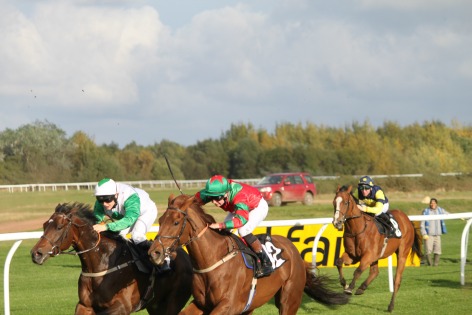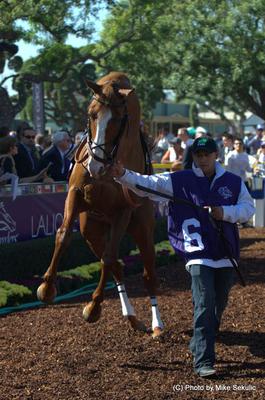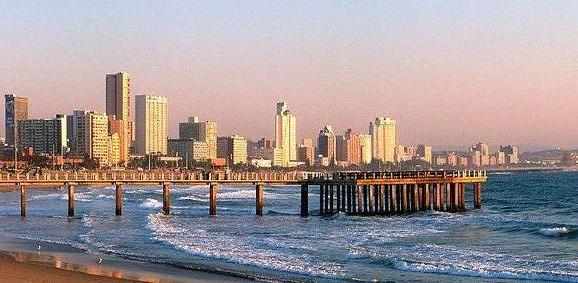Brexit Jeopardises The Horse Racing Industry
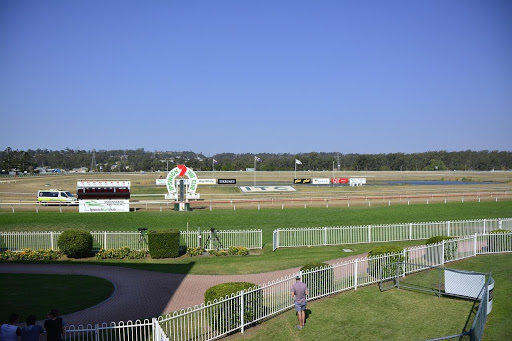 Brexit Jeopardises The Horse Racing Industry
Brexit Jeopardises The Horse Racing IndustryBrexit impact on the racing industry
The horse racing industry in the UK over the last year has taken a beating and it is not likely to stop anytime soon.
COVID and the pandemic have forced the industry to close for most of the year with many events being cancelled due to government restrictions, imposed to help limit the spread of the virus.
It is going to take a long time for the industry to recover and to make matters worse we have the looming Brexit.
The transitional period is expected to take place on the 31st of December which will present several challenges for racehorse owners.
The main challenge that will need to be overcome is the movement of horses between the UK and Europe. These are part of the current negotiations and the fine details are still to be confirmed.
Horse racing bookmakers during the lockdown were taking bets on a whole range of subjects including Brexit. There is likely going to be another range of promotions targeted towards Brexit.
 Deauville Racecourse, France
Deauville Racecourse, FranceThe racehorse owners have all been advised not to attempt to move horses between the UK and Europe for a couple of weeks once the transition period takes place on 31st Dec.
With so many new rules and regulations in place, the time to process will greatly increase. It is going to be much harder, time-consuming, and cost a lot more to move between the UK and Europe next year which will not please race owners.
Ways That Brexit Jeopardises The Horse Racing Industry
Increased costs and paperwork:
- Customs checks: Horses crossing the Irish Sea now face border checks with additional paperwork and health certificates, causing delays and increasing transport costs. This disrupts race schedules and training routines, impacting trainers and owners financially.
- Veterinary requirements: Different rules on animal health between the UK and EU complicate horse movement. Obtaining certain veterinary certificates can be expensive and time-consuming, deterring some from sending horses across the border.
Labor shortages:
- Restrictions on EU workers: Brexit has made it tougher for EU citizens, including grooms and stable staff, to work in the UK. This has created a staffing shortage, increasing workloads and putting pressure on existing employees.
- Higher recruitment costs: Attracting workers from outside the EU is often more expensive, further squeezing profit margins for trainers and breeders.
Reduced competition and prize money:
- Fewer horses in cross-border races: The additional challenges and costs of transporting horses discourage participation in races across the Irish Sea, shrinking the pool of competitors and lessening the appeal of these events.
- Declining prize money: With fewer entries, racecourses face reduced revenues, leading to potentially lower prize money and making ownership less financially attractive.
Long-term concerns:
- Breeding industry impact: Ireland is a major thoroughbred breeding ground, but UK trainers rely heavily on these horses. Reduced movement could harm both industries, impacting bloodstock sales and overall racing quality.
- Loss of talent and investment: The bureaucratic hurdles and increased costs could discourage trainers and owners from participating in international events, ultimately hindering the industry's growth and competitiveness.
 Deauville, France unsaddling ring
Deauville, France unsaddling ringThe impacts of Brexit will be limited if an agreement between the UK and Europe can be reached. In the event of a no-deal which looks like it could be the case, it will cause absolute chaos.
Annually there are around 25,000 Thoroughbreds that pass between these borders. Before Brexit it was extremely simple to move freely across Europe and after it will become very difficult, especially if agreed rules are not in place that has been agreed by both parties.
For racehorse owners, there are going to be changes to VAT, customers, transportation requirements, new health regulations that they will need to be aware of. These are not just going to affect their horses but also all of the people that are needed to travel so that these events can take place.
Anyone who is working for a British racing company based in the UK that is from the EU must have applied before the 30th of June 2020. If not, it is going to be a very hard, long, and costly process for them to legally stay in the UK and work for a company.
So far the talks between the two parties have been a disaster and nothing has been completely agreed. If things do not change fast it looks like a no-deal Brexit is on the cards which will have the most costly damage to the horse racing industry.
It is only just starting to slowly recover from the pandemic which is still not certain to go away any time soon. It could be the final nail in the coffin for many horse owners as they choose to get out while they still can but only time will tell.
Back to Racing News from Brexit Jeopardises The Horse Racing Industry
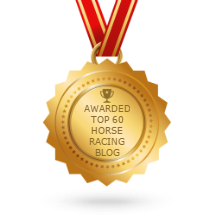
You Might Like These
Kentucky Derby Odds: Will there be a hometown favorite?
Preakness Stakes Odds: Will the champions face fresh challengers?
Belmont Stakes Odds: At 1½ miles, stamina becomes the great equalizer as longshots can threaten.
Breeders' Cup Odds: International talent collides with American speed, reshuffling expectations across the board.
Dubai World Cup Odds: Under desert lights, can a Japanese sensation prevail against the world's elite.
Pegasus Cup Odds: Retirement beckons for champions seeking one final payday at America's richest race.
Bet on Horses: Every wager tells a story of hope against mathematical probability.
Kentucky Derby Betting: Beneath fancy hats and mint juleps, fortunes change hands with each thundering hoof.
Preakness Stakes Betting: The middle jewel rewards those who recognize when Derby form holds true.
Belmont Stakes Betting: Distance separates champions from pretenders when the final furlong tests them all.
Breeders Cup Betting: Global racing converges for two days where value hides in plain sight.

Returns Policy: Once a customer has agreed to pay for a product or service no returns will be permitted or payments returned.
All PayPal transactions are subject to the PayPal Privacy Policy
Privacy Policy: Personal details provided to this site by an individual may be shared with third parties unless requested otherwise.
Above policies updated 15 March 2018
